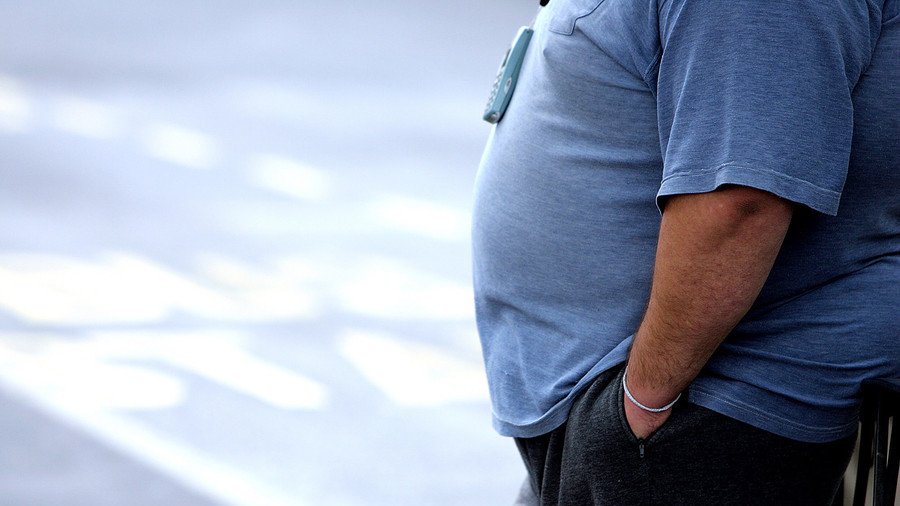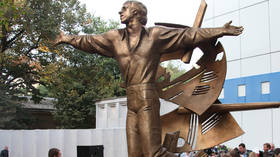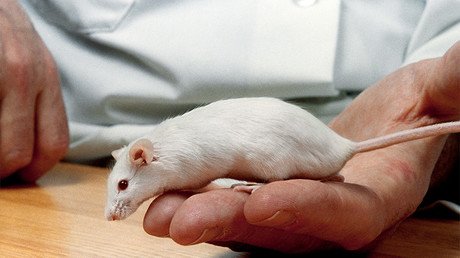Formerly obese people will feel hungrier for the rest of their lives – study

Losing weight makes you hungrier, according to new research from the Norwegian University of Science and Technology, explaining why it can be difficult to keep fat off after losing weight.
The findings, published in the American Journal of Physiology, Endrocrinology and Metabolism, show that when we lose weight our stomachs produce more ghrelin, which makes the body feel hungry.
“Everyone has this hormone, but if you’ve been overweight and then lose weight, the hormone level increases,” the study’s lead author Catia Martins said.
The study found that the ghrelin hormone levels do not balance out over time, meaning those who lose weight are likely to feel hungrier all the time.
Scientists spent two years studying 34 obese patients who underwent a two year weight loss program, and monitored their appetite levels. All of the participants reported feeling increased hunger compared to when they began the weight loss program.
Losing more people to sweets than streets: US pastors suing Coca-Cola for ‘destroying black communities’ https://t.co/4L4PNr6aQbpic.twitter.com/PFuida3pew
— RT (@RT_com) July 14, 2017
“We gave 34 patients with morbid obesity the gold standard in obesity treatment over a period of two years,” Martins said. The patients weighed an average of 125 kilograms when the program started, and lost an average of 11 kilos.
But it isn’t just hormones that make people feel hungry, the study found. When people lose weight, they require less energy than before, meaning they need to eat less. However, in some cases, after a person has lost weight, their body will attempt to conserve energy as it attempts to return to its former weight. This means those who lose weight will feel hungry, even though they don’t really need the extra energy from food.
“It’s important to know which physiological mechanisms resist weight loss,” Martins said. “Of course there are individual differences. People can lose motivation and have trouble following the diet and exercise advice. All of this makes it difficult to maintain the new lower weight.”
“Obesity is a daily struggle for the rest of one’s life. We have to stop treating it as a short-term illness by giving patients some support and help, and then just letting them fend for themselves,” she added.
If you like this story, share it with a friend!














